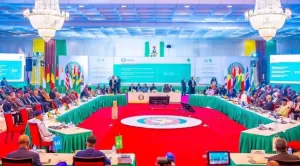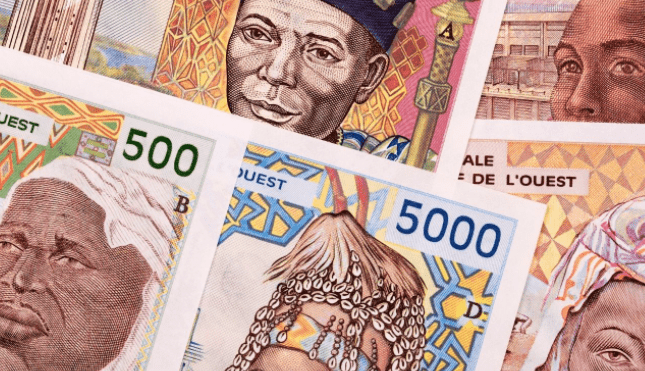The Economic Community of West African States (ECOWAS) has re-established its commitment to introducing its single currency, the ECO, with a revised launch date of 2027.
This decision was reached during the 66th Ordinary Session held in Abuja, where leaders reviewed progress on the long-delayed plan.
Initially scheduled for launch in 2020, the rollout of the ECO was postponed due to the impact of the coronavirus pandemic. The new target date for its introduction is now set for 2027.
ECOWAS leaders have confirmed that it has adopted selection criteria proposed a High-Level Committee to identify the first group of member states ready to introduce the currency. Other nations will gradually join the monetary union at a later stage. In collaboration with the West African Monetary Agency (WAMA), it has tasked the Commission to integrate these criteria into the protocol for establishing the ECOWAS Monetary Union Agreement.
Additionally, the Authority endorsed the High-Level Committee’s recommendations regarding the financial aspects—costs, funding sources, and modalities—necessary for implementing the reforms and institutions required for the ECO’s launch.
Member states and central banks have been urged to take immediate action to fulfil their financial commitments to operationalise these institutions once the official launch date for the ECOWAS single currency is confirmed.
The single currency is expected to boost trade, lower transaction costs, and foster stronger economic integration within the region.

READ ALSO: ECOWAS Approves withdrawal of Niger, Mali, B’Faso by January 2025
ECOWAS believes the ECO will address existing challenges caused by non-convertible national currencies, enabling smoother intraregional trade and economic prosperity.
The heads of State also called on the High-Level Committee and the ECOWAS Commission to accelerate efforts to meet the established deadlines for creating and operationalising the institutions essential for the ECO’s launch.
In addition to discussions on the ECO, the Authority addressed food security concerns, urging swift implementation of the Regional Rice Self-Sufficiency Roadmap and the Livestock Development and Pastoral Systems Security Strategy.
Recognising the vital role of agriculture in the socio-economic development of member states, the Authority directed the Commission to implement regional strategies promptly focused on livestock farming, the Regional Rice Self-sufficiency Initiative, and the Comprehensive African Agriculture Development Programme (CAADP) Action Plan for 2026-2035.
The Authority also welcomed the strengthening of partnerships with technical and financial stakeholders and urged member states to collaborate with community institutions to achieve these regional food security initiatives.
The introduction of the ECOWAS currency is expected to facilitate trade and stimulate economic growth within the region.

